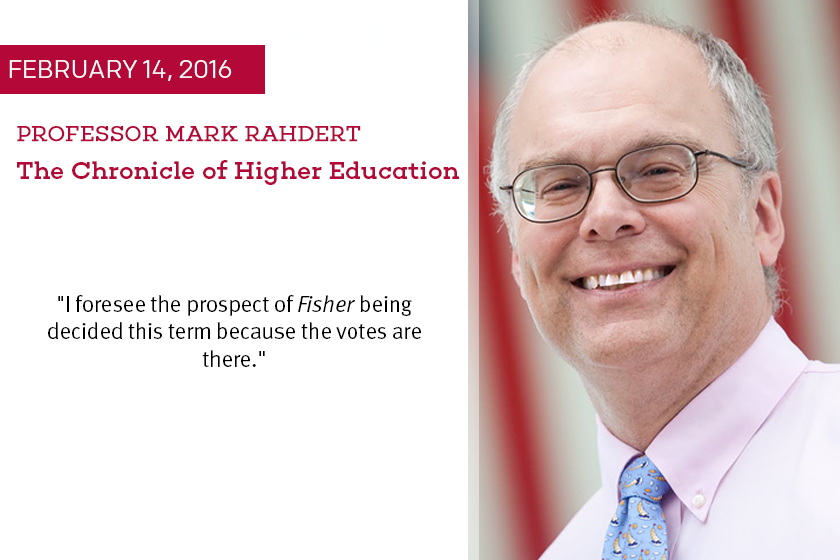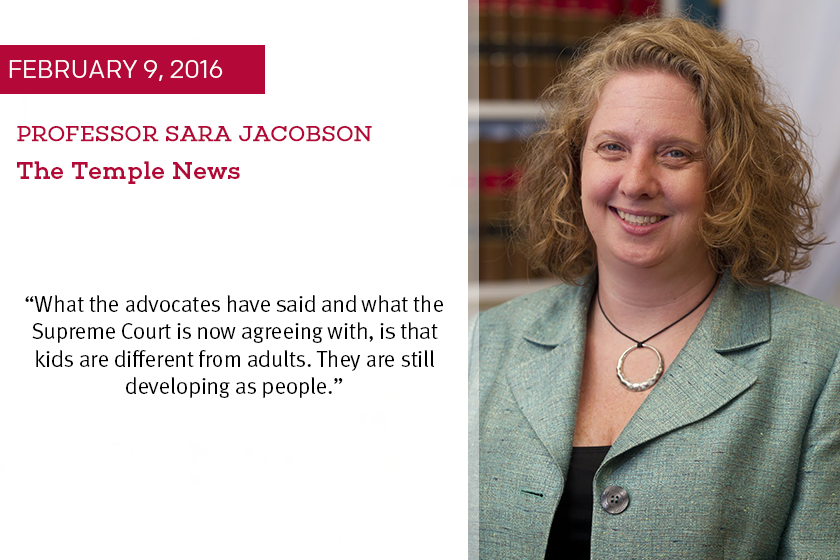Temple Law Reacts to the June Medical Services, LLC v. Russo SCOTUS Decision
On June 29, 2020, Supreme Court Justice Breyer delivered the 5-4 opinion in June Medical Services, LLC v. Russo, holding that Louisiana’s Unsafe Abortion Protection Act, requiring doctors who perform abortions to have admitting privileges at a nearby hospital, is unconstitutional. Rachel Rebouché Associate Dean for Research Professor of Law Generally, this is a win for abortion supporters, and a decision many did not expect. Justice Breyer relied heavily on the factual record developed by the District Court and ruled that the law was the same in its effect and purpose as the Texas law struck down in 2016. Chief Justice John Roberts wrote a concurrence, ruling on grounds of stare decisis and providing the 5th vote needed to strike down the restriction. His concurrence is quite narrow, though, and it suggests that the Chief Justice interprets prior caselaw as giving far more deference to states than the Court’s 2016 ruling did. Adrienne R. Ghorashi, Esq. Program Manager Center for Public Health Law Research This SCOTUS decision reaffirms what was already established 4 years ago …





